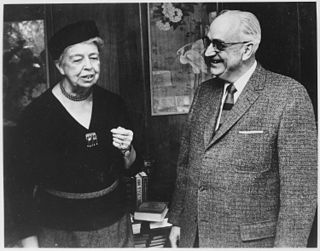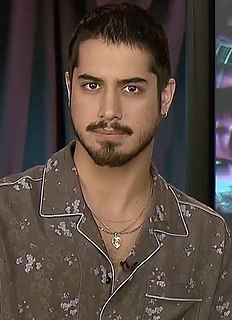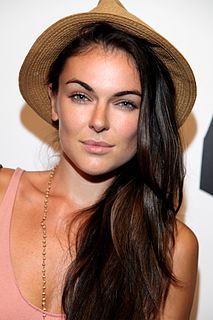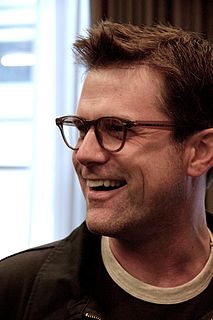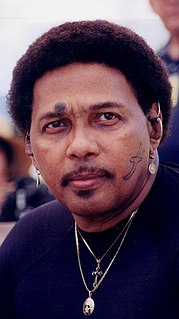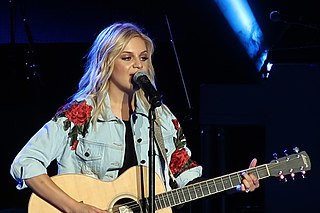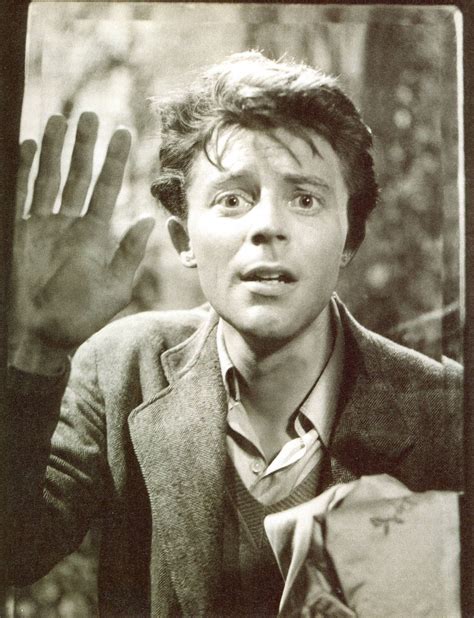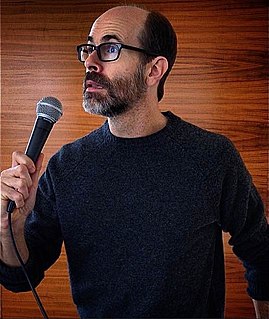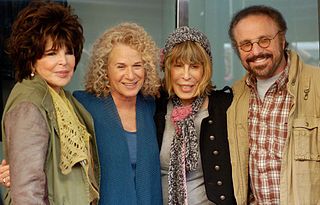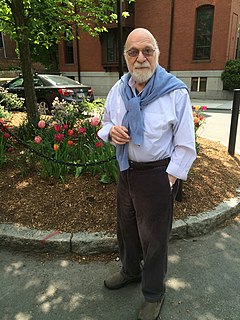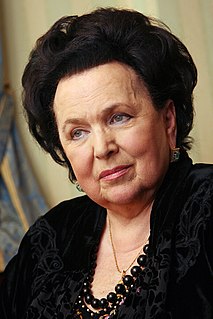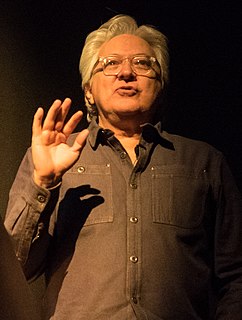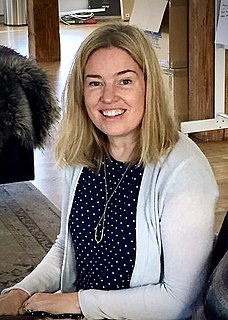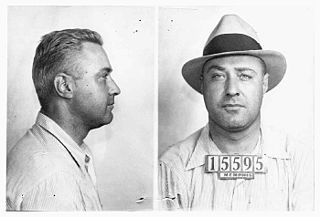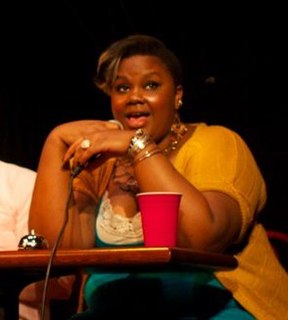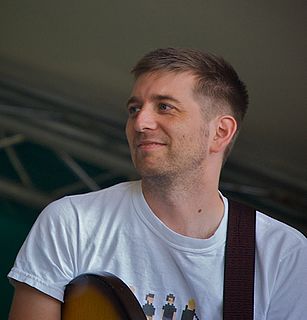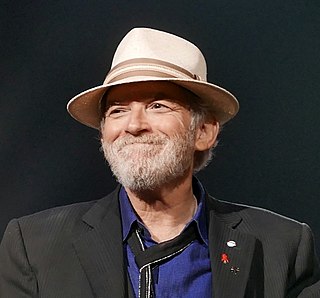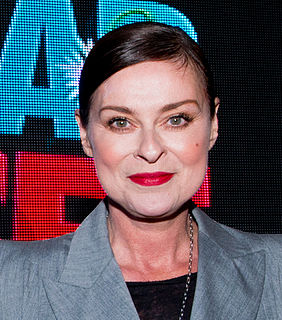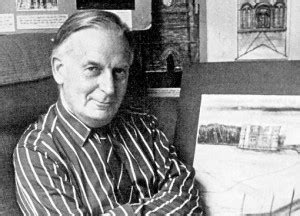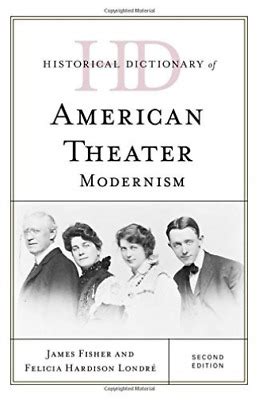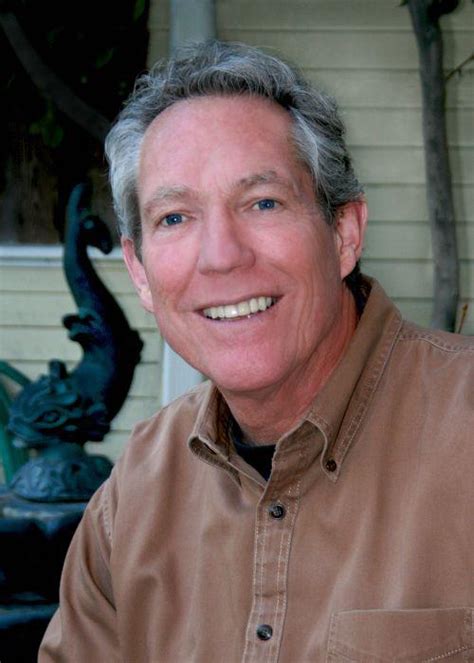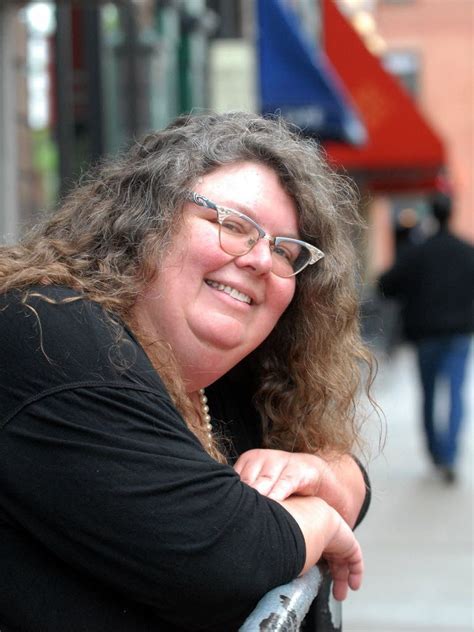Top 1200 Writing Voice Quotes & Sayings - Page 3
Explore popular Writing Voice quotes.
Last updated on April 16, 2025.
Ever since I was first read to, then started reading to myself, there has never been a line read that I didn't hear. As my eyes followed the sentence, a voice was saying it silently to me. It isn't my mother's voice, or the voice of any person I can identify, certainly not my own. It is human, but inward, and it is inwardly that I listen to it. It is to me the voice of the story or the poem itself.
When you recognize that there is a voice in your head that pretends to be you and never stops speaking, you are awakening out of your unconscious identification with the stream of thinking. When you notice that voice, you realize that who you are is not the voice - the thinker - but the one who is aware of it.
Like a lot of us, sometimes I'm preaching to the choir, and sometimes my voice doesn't even get heard at all. Sometimes I think that what I'm writing now might not even have an impact for the next three or four generations. Sometimes I sit there and write, and I think, "It'll be two hundred years before they get what I'm writing about."
When I first got on the internet as a tween, I wasn't comfortable showing up in social spaces. I didn't have a loud voice. As a function of my youth and gender, I wasn't given a voice at the dinner table, and nor maybe should I have been. But I thought I wanted one, and I was able to have it online. I wasn't a great talker, but I found these other skills. And when this stuff is described as "not real writing" or "bad for my brain" or whatever, it just seems like it's from people who wanted to keep their place at the dinner table.
We're always being told 'find your voice.' When I was younger, I never really knew what this meant. I used to worry a lot about voice, wondering if I had my own. But now I realize that the only way to find your voice is to use it. It's hardwired, built into you. Talk about the things you love. Your voice will follow.
Novel-writing can be a cold-blooded business. One uses whatever happens to be lying around in memory and employs it to suit one’s end….Then, again, during the months whilst one is writing about the past, a story is colored by what presently is happening to its writer. So, imperceptibly, the tone of voice changes, original intentions slip away. And I found myself looking through another window at a darker landscape inhabited by neither the present nor the past.
Like Hemingway and Faulkner, but in an entirely different mode, Fitzgerald had that singular quality without which a writer is not really a writer at all, and that is a voice, a distinct and identifiable voice. This is really not the same thing as a style; a style can be emulated, a voice cannot, and the witty, rueful, elegaic voice gives his work its bright authenticity.
In American Romances, her new book of essays, Rebecca Brown has a voice that is full of pop references, family stories, and the fruits of a lifetime of -- in her perfect phrase - extreme reading. The voice is a hoot, and it is dead serious. This is writing with exquisite control, fully up to the task Brown takes on of playing a fierce game of beach ball with deep problems of American (and personal) history and identity.
But I'm pretty lucky with my voice. When I first started touring I went to see a woman to give me some coaching on how not to lose my voice. And she was just saying really your voice is a muscle so if you're using it all the time you should actually come back from tour with a stronger voice than you left with. And that's really how I find it.
